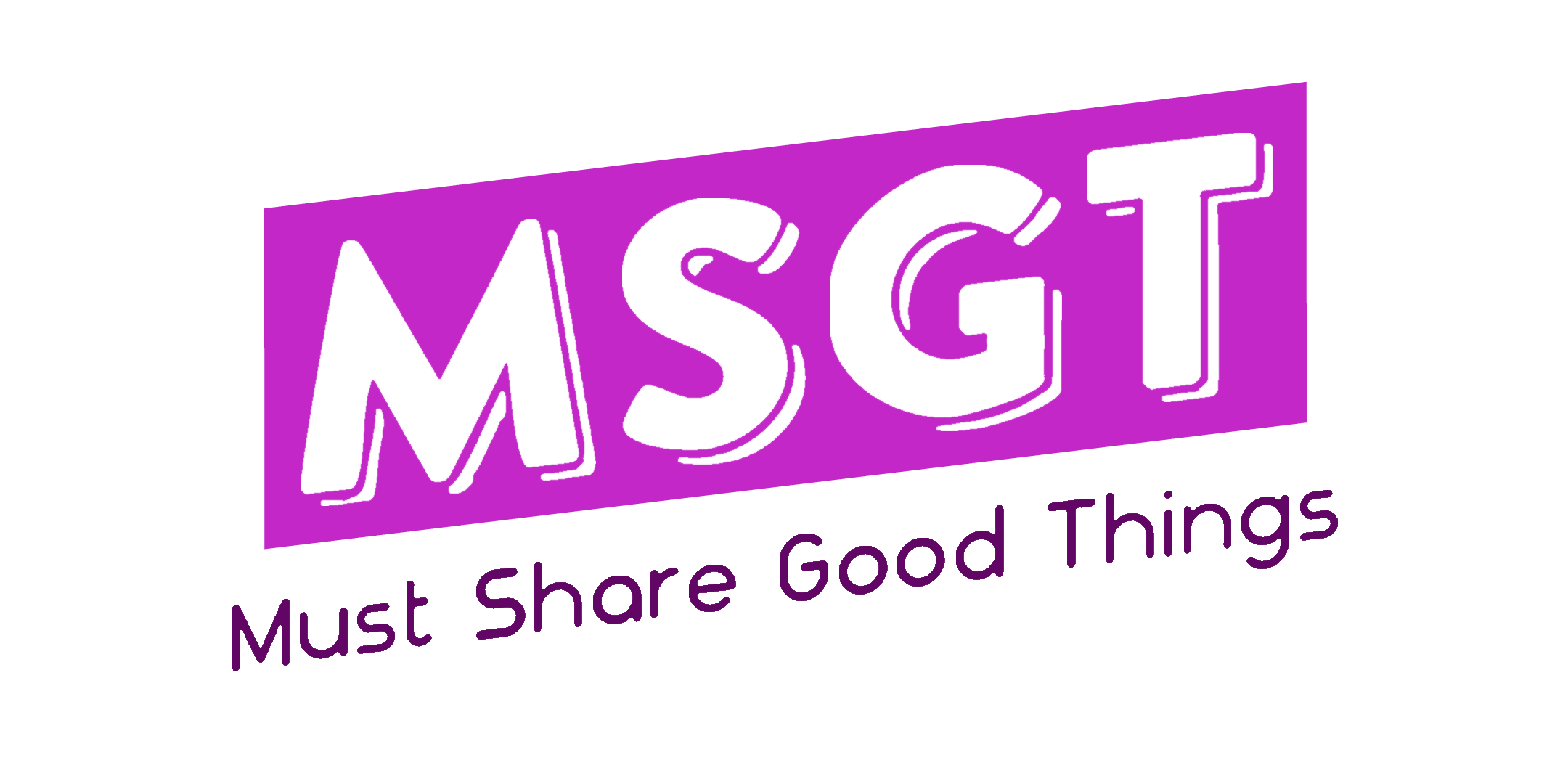 Amidst proliferating inflation and the current ongoing pandemic, the decision to implement the raise in Goods and Services Tax (GST) from 7% to 9% in 2024 is to prevail.
Amidst proliferating inflation and the current ongoing pandemic, the decision to implement the raise in Goods and Services Tax (GST) from 7% to 9% in 2024 is to prevail.
GST will be raised from 7% to 8% on 1st January 2023 and 8% to 9% on 1st January 2024.
Inflation in Singapore is only becoming more and more prominent. In August 2022, the 5.1% on-year increase was higher than what economists expected. This has reached near a shocking 14-year peak! Overall inflation including accommodation and private transport costs have picked up by 7.5% and is fuelled by the higher private transport costs.
The decision to raise the GST in Singapore was brought about because of the rising social spending and high old age support ratio (It was reported that 1 in every 3.8 people is aged over 65 years old). As mentioned in Lawrence Wong’s speech during the announcing of Budget 2022, the revenue from this increased GST would be used to support healthcare expenditure and take care of our Seniors. It is also because of the rising Social Spending that the GST increase is much needed.
Apart from that, Low-value goods bought online and imported by air or post will be subject to the goods and services tax (GST). GST will also be extended to imported non-digital services for consumers, such as those involving live interactions with overseas providers of fitness training, counselling and tele-medicine.
Consumers whose online buys are below S$400 will have to pay GST in addition to the price of the items and the delivery costs, which are currently not subjected to GST.
Government to come in to support
In order to mitigate the impact of the GST raise, the Government has stagnated the increase of GST to slow it down as well as implementing different schemes and features to support the less well-off.
“I will continue to absorb GST on publicly subsidised healthcare and education. I will provide Town Councils with an additional $15 million dollars per year to absorb the additional GST payable on service and conservancy charges. I will not increase government fees and charges for one year from 1st January 2023. This will apply to license fees as well as fees charged by government agencies for the provision of services, and this include school fees, ITE and Polytechnic fees and charges in public carparks,” said Lawrence Wong during his speech on Budget 2022.
From The Straits Times article, it does not apply to fees determined by non-Government entities such as universities or electronic road pricing charges. To address concerns that businesses could use GST as a cover to raise prices, a Committee Against Profiteering, chaired by Minister of State for Trade and Industry Low Yen Ling, will be formed.
The government will also top up an additional S$614 million on top of the already existing S$6 billion assurance package. The $6.6 billion Assurance Package will delay the impact of the GST increase by at least 5 years for the majority of Singaporean households. Lower-income households will be shielded from the impact of the GST increase for about 10 years. Thus, the government assures that one need not worry too much about this change for Singapore.
What do you think about this raise in GST in Singapore?
–








